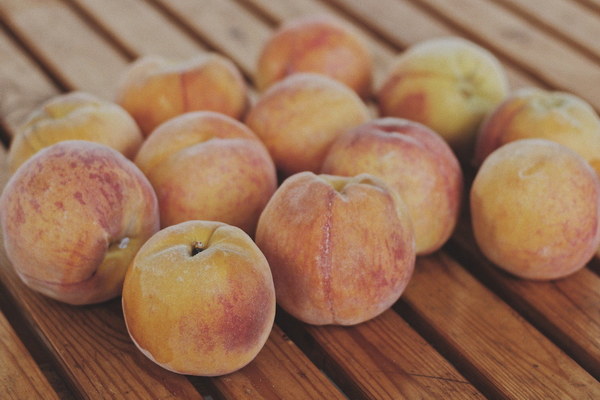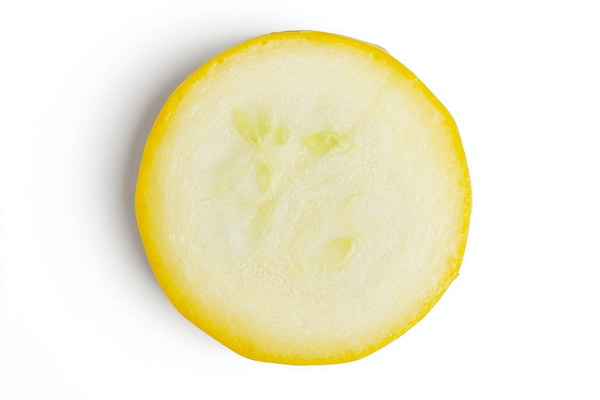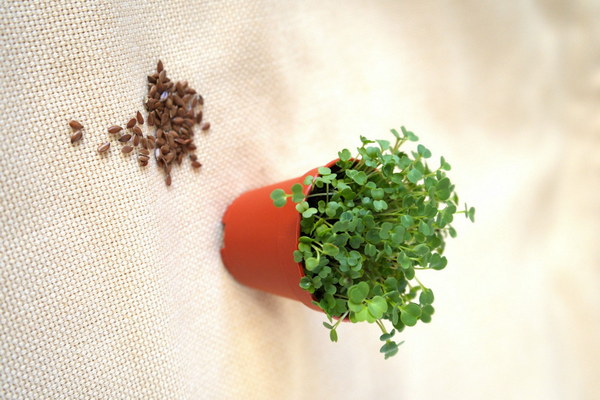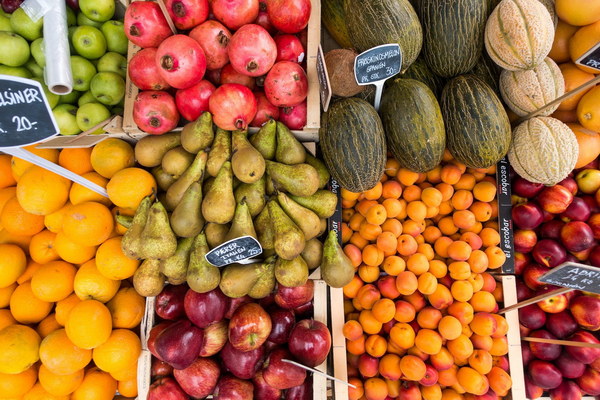Boost Your Kidneys Nutritional Tips for Grownups Whove Grown Taller
As we grow taller, our body undergoes various changes, and our nutritional needs evolve accordingly. For those who have experienced growth spurts and are now taller adults, it's essential to pay attention to their diet to support their kidney health. The kidneys play a crucial role in filtering waste and excess substances from the blood, and maintaining their optimal function is vital for overall well-being. Here are some nutritional tips to help you nourish your kidneys as you grow taller.
1. Stay Hydrated
Proper hydration is essential for kidney health. Water helps to flush out toxins and waste products from the kidneys. Aim to drink at least 8 glasses of water daily to keep your kidneys in good working order.
2. Incorporate Kidney-Friendly Foods
Certain foods can support kidney function and help maintain their health. Here are some kidney-friendly options:
- Leafy Greens: Dark leafy greens like spinach, kale, and Swiss chard are rich in antioxidants, vitamins, and minerals that support kidney health. These nutrients can help reduce inflammation and lower the risk of kidney damage.
- Berries: Berries such as strawberries, blueberries, and raspberries are high in antioxidants and can help reduce the risk of kidney disease. They also contain compounds that can improve kidney function.
- Cruciferous Vegetables: Vegetables like broccoli, cauliflower, and Brussels sprouts contain sulfur compounds that can help improve kidney function and reduce the risk of kidney stones.
- Eggs: Eggs are a great source of protein, which is important for kidney health. However, it's essential to consume eggs in moderation to avoid overloading the kidneys with waste products.
- Garlic: Garlic contains compounds that can help reduce inflammation and improve kidney function. Adding garlic to your diet can be a simple way to support kidney health.
3. Avoid Harmful Substances
Some substances can be harmful to the kidneys and should be avoided or consumed in moderation:
- Sodium: High sodium intake can lead to fluid retention and increased workload on the kidneys. Limit your sodium intake to no more than 2,300 milligrams per day.
- Phosphorus: Excessive phosphorus intake can lead to kidney damage. Choose low-phosphorus foods, such as lean meats, fish, eggs, and dairy products, and avoid processed foods, which are often high in phosphorus.
- Artificial Sweeteners: Some studies suggest that artificial sweeteners may have a negative impact on kidney health. Opt for natural sweeteners like honey, maple syrup, or stevia instead.
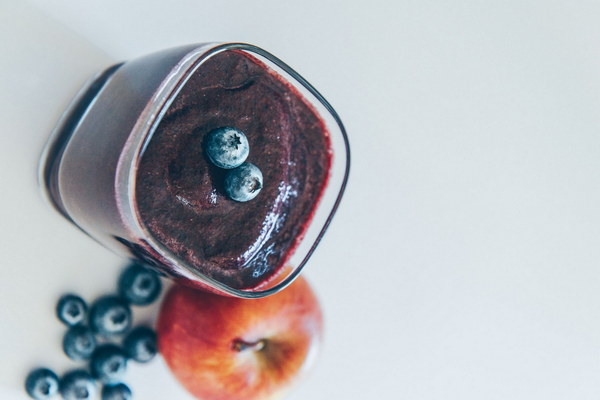
4. Limit Protein Intake
Protein is essential for muscle growth and repair, but excessive protein intake can put stress on the kidneys. Aim to consume moderate amounts of protein, such as 0.8 grams per kilogram of body weight daily.
5. Include Healthy Fats
Healthy fats, such as omega-3 fatty acids found in fish, nuts, and seeds, can help reduce inflammation and support kidney health. Incorporate these fats into your diet to maintain optimal kidney function.
6. Consider Supplements
If you're struggling to get enough of certain nutrients from your diet, consider taking supplements. Consult with a healthcare professional before starting any supplement regimen.
In conclusion, maintaining kidney health is crucial for those who have experienced growth spurts and have grown taller. By staying hydrated, incorporating kidney-friendly foods, avoiding harmful substances, limiting protein intake, including healthy fats, and considering supplements if necessary, you can support your kidneys and ensure they function optimally throughout your life. Remember, a balanced diet and healthy lifestyle are key to overall well-being.

